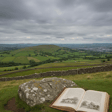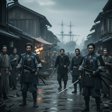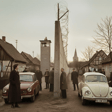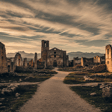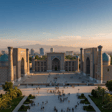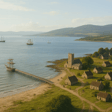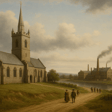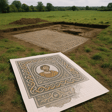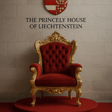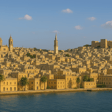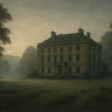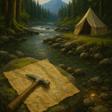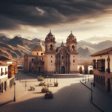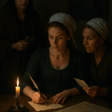
Dark Shadows: Inside the Secret World of Kazakhstan
Episode four of the new season of Pieces of History takes us to the vast landscapes of Central Asia, as we explore the history, politics, and culture of Kazakhstan with journalist Joanna Lillis.
In this episode, we’ll trace Kazakhstan’s journey from its Soviet past to its present-day identity as a modern nation. We’ll examine the country’s political landscape, the impact of independence, and the cultural forces that continue to shape its society.
Joanna Lillis, a Kazakhstan-based journalist and author of Dark Shadows: Inside the Secret World of Kazakhstan, brings her deep expertise and firsthand experience to the discussion. Having lived and reported in the region for decades, she offers valuable insights into Kazakhstan’s transformation and the challenges it faces today.
Join me as we delve into the rich and complex story of Kazakhstan.
Email: piecesofhistorypod@outlook.com
Facebook: Pieces of History podcast
Instagram: @pieceofhistorypod
Dark Shadows: Inside the Secret World of Kazakhstan:
https://www.amazon.co.uk/Dark-Shadows-Joanna-Lillis/dp/1784538612
